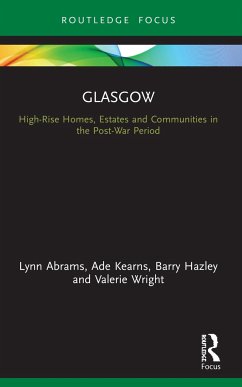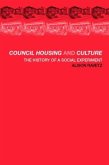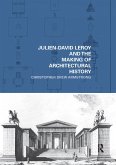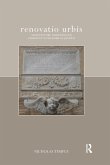In the wake of an unparalleled housing crisis at the end of the Second World War, Glasgow Corporation rehoused the tens of thousands of private tenants who were living in overcrowded and unsanitary conditions in unimproved Victorian slums. Adopting the designs, the materials and the technologies of modernity they built into the sky, developing high-rise estates on vacant sites within the city and on its periphery.
This book uniquely focuses on the people's experience of this modern approach to housing, drawing on oral histories and archival materials to reflect on the long-term narrative and significance of high-rise homes in the cityscape. It positions them as places of identity formation, intimacy and well-being. With discussions on interior design and consumption, gender roles, children, the elderly, privacy, isolation, social networks and nuisance, Glasgow examines the connections between architectural design, planning decisions and housing experience to offer some timely and prescient observations on the success and failure of this very modern housing solution at a moment when high flats are simultaneously denigrated in the social housing sector while being built afresh in the private sector.
Glasgow is aimed at an academic readership, including postgraduate students, scholars and researchers. It will be of interest to social, cultural and urban historians particularly interested in the United Kingdom.
This book uniquely focuses on the people's experience of this modern approach to housing, drawing on oral histories and archival materials to reflect on the long-term narrative and significance of high-rise homes in the cityscape. It positions them as places of identity formation, intimacy and well-being. With discussions on interior design and consumption, gender roles, children, the elderly, privacy, isolation, social networks and nuisance, Glasgow examines the connections between architectural design, planning decisions and housing experience to offer some timely and prescient observations on the success and failure of this very modern housing solution at a moment when high flats are simultaneously denigrated in the social housing sector while being built afresh in the private sector.
Glasgow is aimed at an academic readership, including postgraduate students, scholars and researchers. It will be of interest to social, cultural and urban historians particularly interested in the United Kingdom.
'Glasgow: High-Rise Homes, Estates, and Communities in the Post-War Period succeeds in debunking the design failure paradigm...this is a highly readable book and represents a useful contribution to public housing literature for both American and European readers alike. '
David P. Varady, Journal of Urban Affairs
David P. Varady, Journal of Urban Affairs








